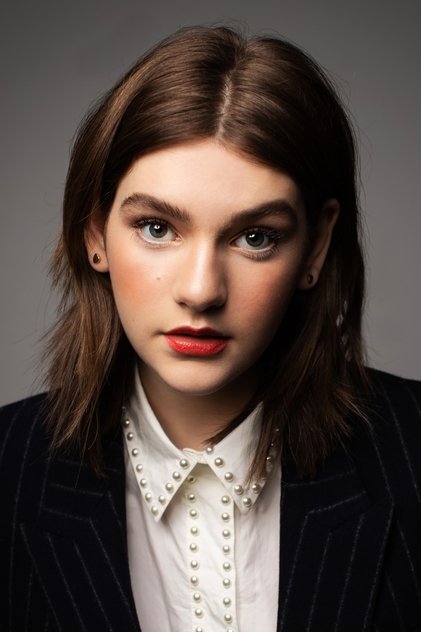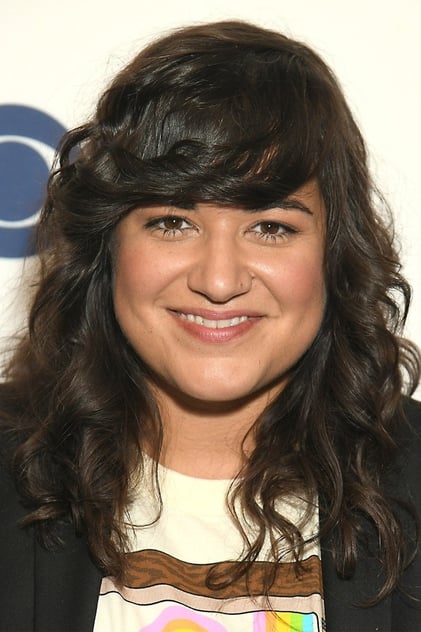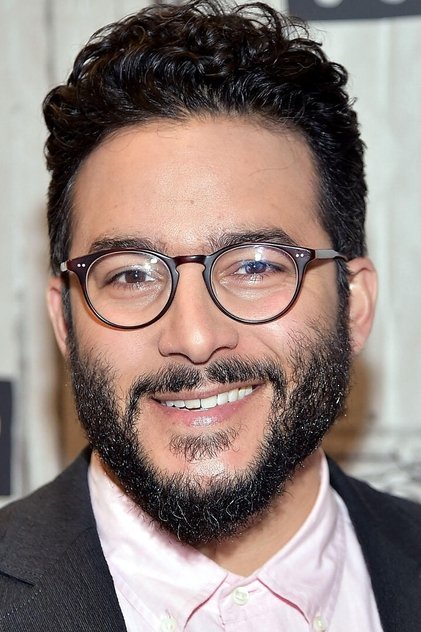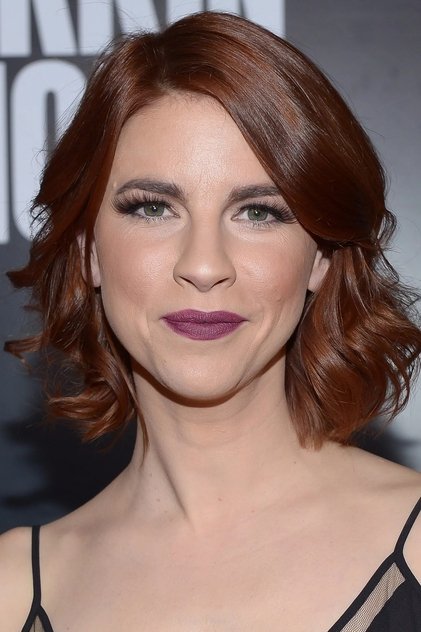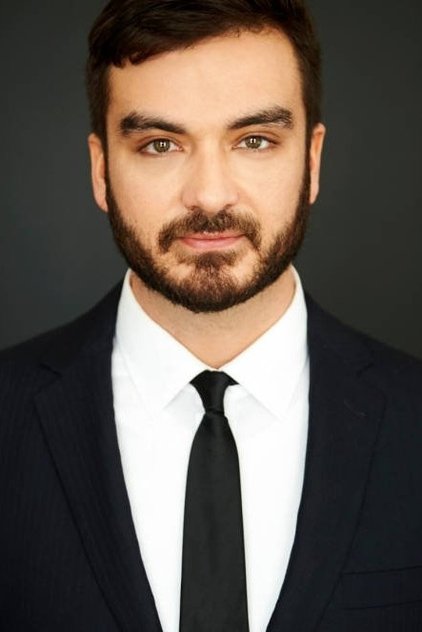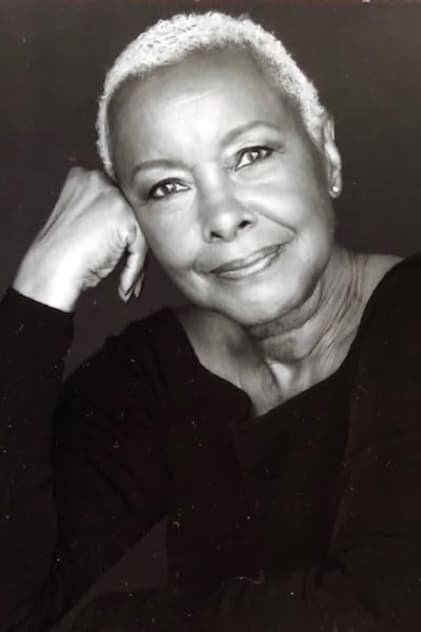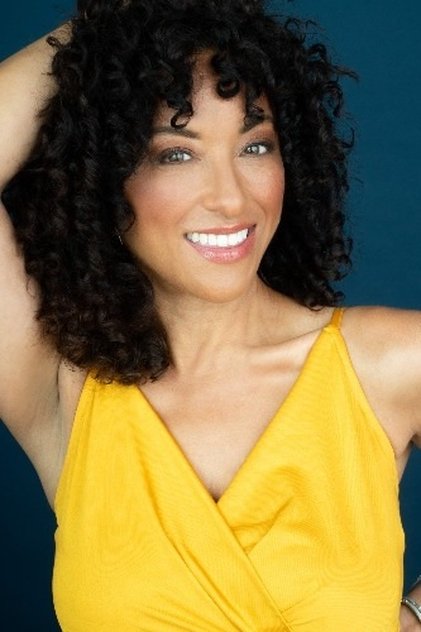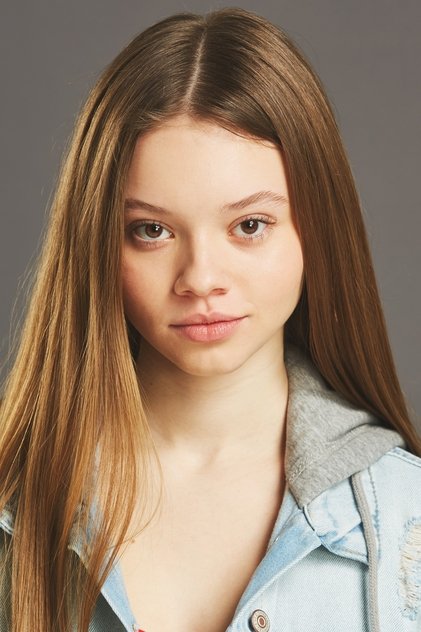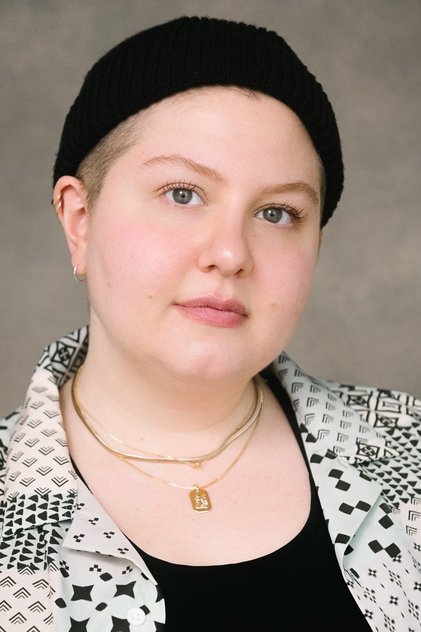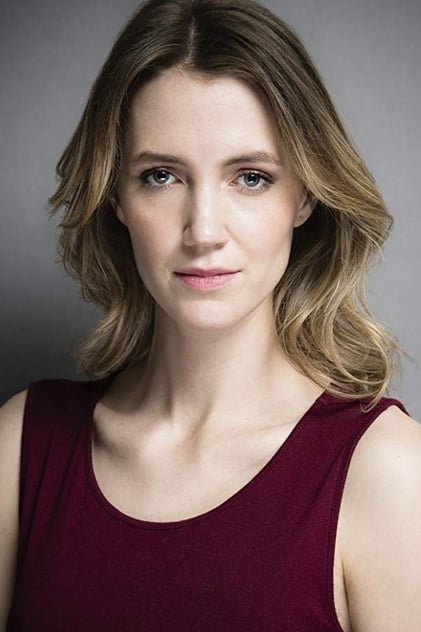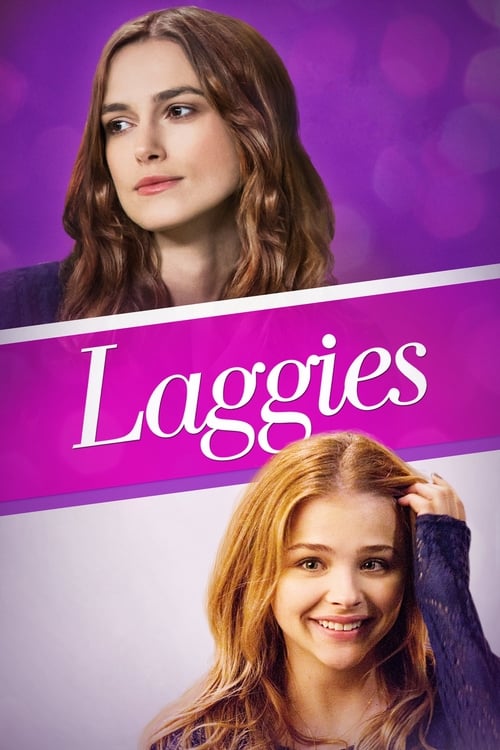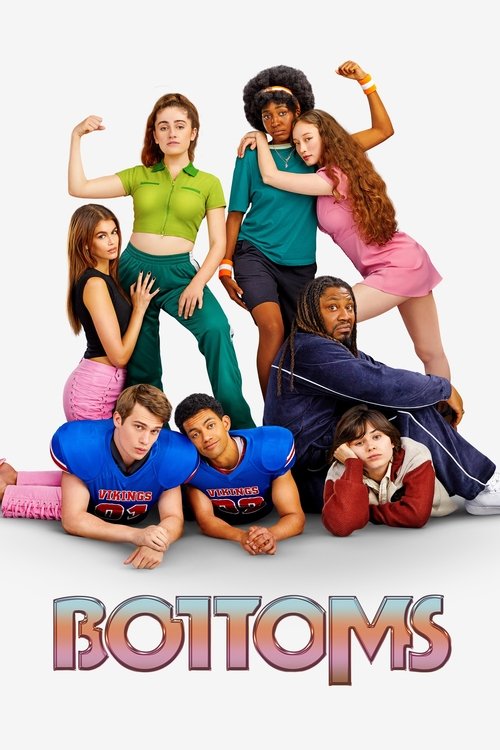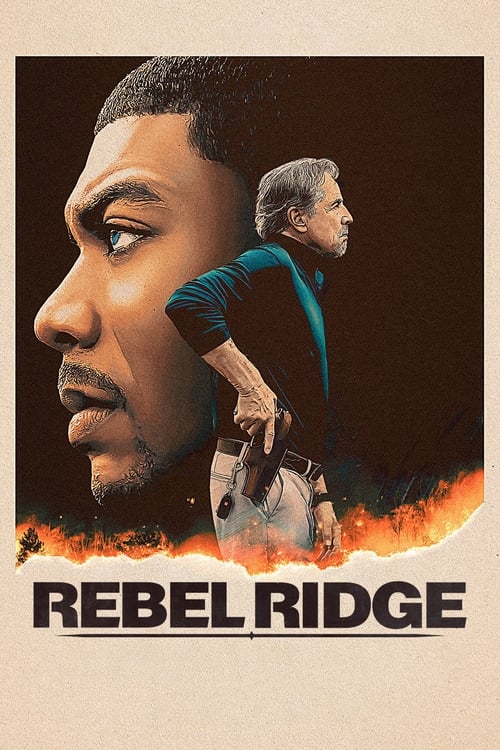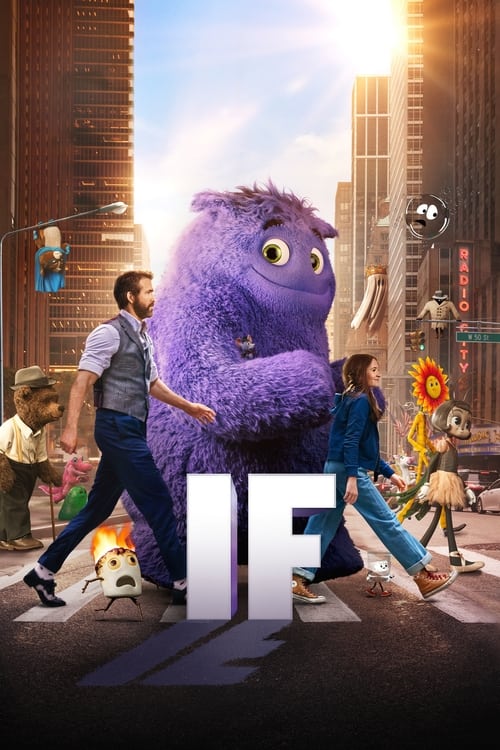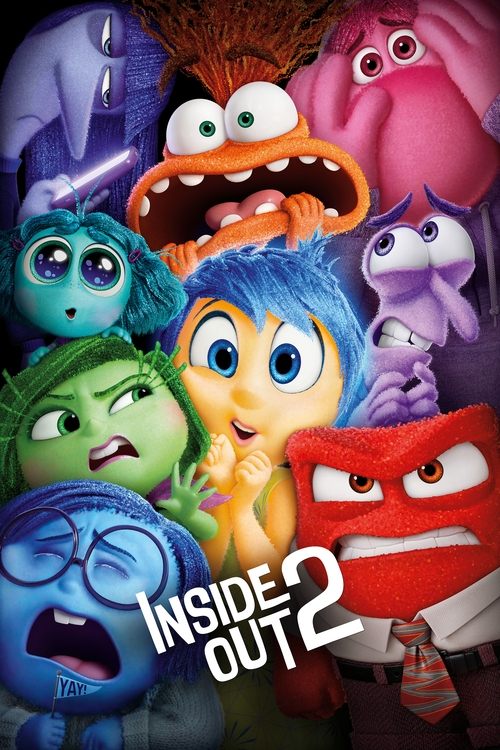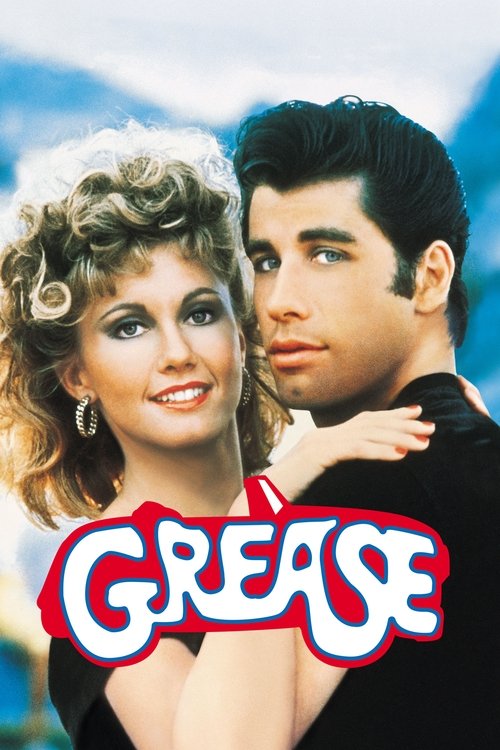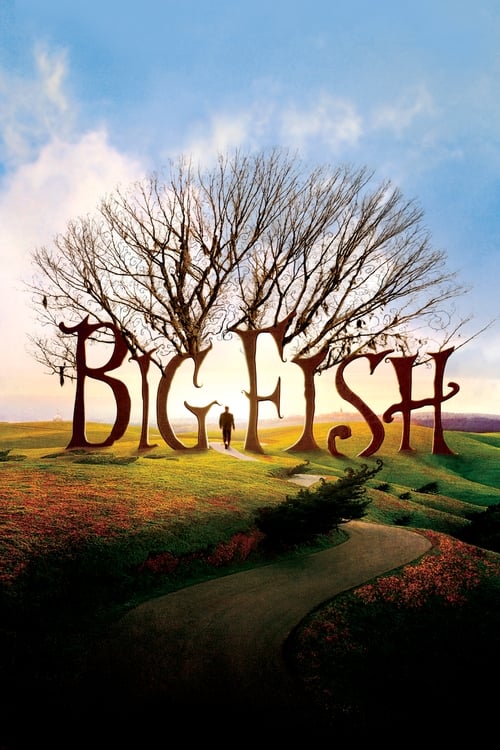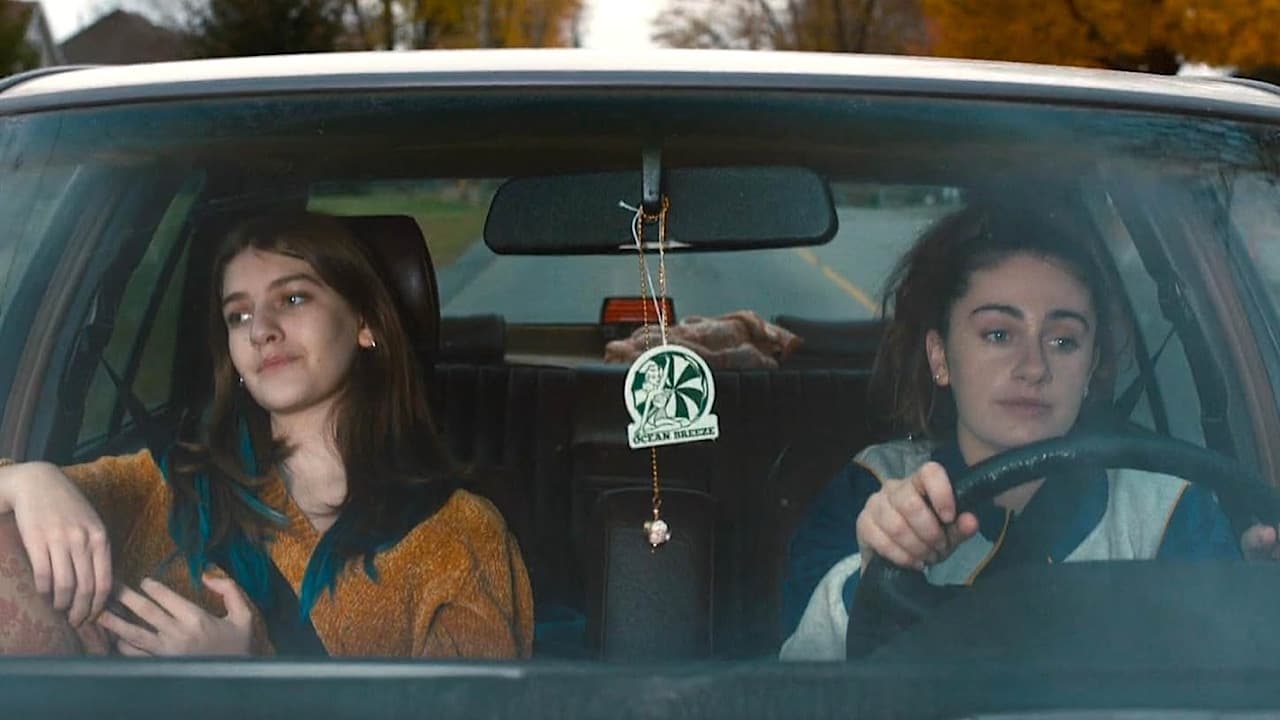

2024
·106m
I Used to Be Funny
Summary
Sam is a young stand-up comedian and au pair struggling with PTSD, who is weighing whether or not to join the search for Brooke, a missing girl she used to nanny.
Reviews
screenzealots
July 17, 2024
With “I Used to Be Funny,” writer / director Ally Pankiw intertwines mystery and emotional depth to create a compelling narrative in her dark dramedy about a missing teenage girl and her friendship with a stand-up comedian with a debilitating case of PTSD. By exploring the various complexities of trauma, recovery, and healing in a refreshing, honest way, the film is poignant and feels highly personal. This is a story of emotional suffering, fractured relationships, and the long-term process of reclaiming happiness and a sense of identity.
Revealing too much of the plot will spoil the film, so this review will be as vague as possible.
Sam (Rachel Sennott) is an aspiring comedian who works as an au pair for Brooke (Olga Petsa). Told in flashbacks over a span of the last two years, the story begins with a news report that Brooke has gone missing. Sam, who is suffering from a traumatic event, decides to join in the search for the girl she used to nanny. Blending the past and present, it becomes clear why these two women are dealing with emotional wounds in their own unique way.
This is the perfect vehicle for Sennott to showcase her range as an actor, and she delivers a powerful performance. she captures the complexity of her character with nuance, blending drama with a touch of comedy when her situation becomes too much to bear.
While her story isn’t on its own very original, Pankiw is an outstanding storyteller, shifting seamlessly between the past and present. The dual timeline keeps the narrative unpredictable and surprising, which will keep you engaged during the film’s slower moments (it could use some tightening overall). The challenging subject matter can feel upsetting and heartbreaking, but it’s also so important to see stories that highlight essential aspects of the female experience. Sam and Brooke have a loving yet complicated relationship, and Pankiw explores this friendship with a heart-wrenching candor.
“I Used to Be Funny” isn’t a film that’s easy to watch, but it gives a highly realistic portrayal of the slow and agonizing healing process after living through a traumatic experience.
By: Louisa Moore / SCREEN ZEALOTS

